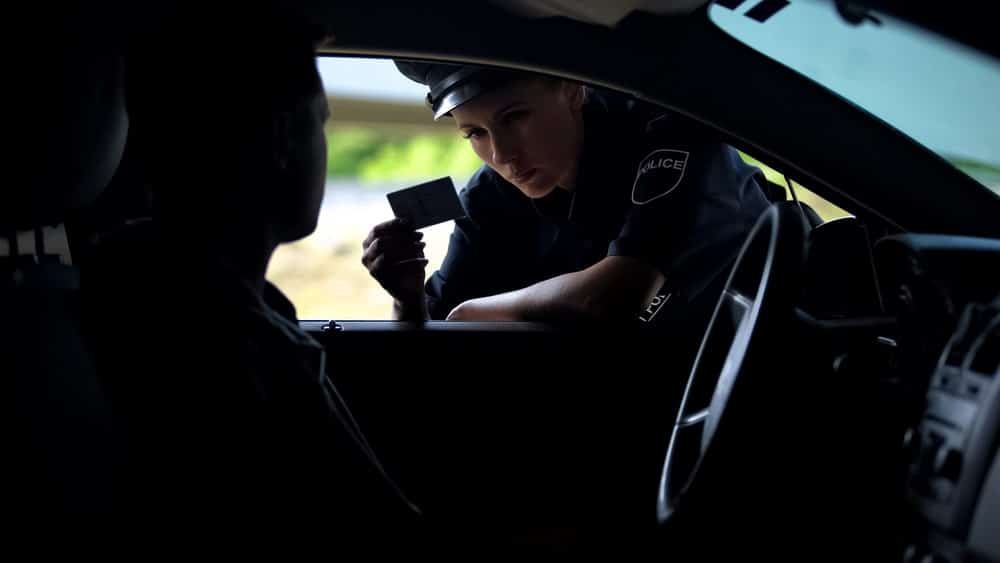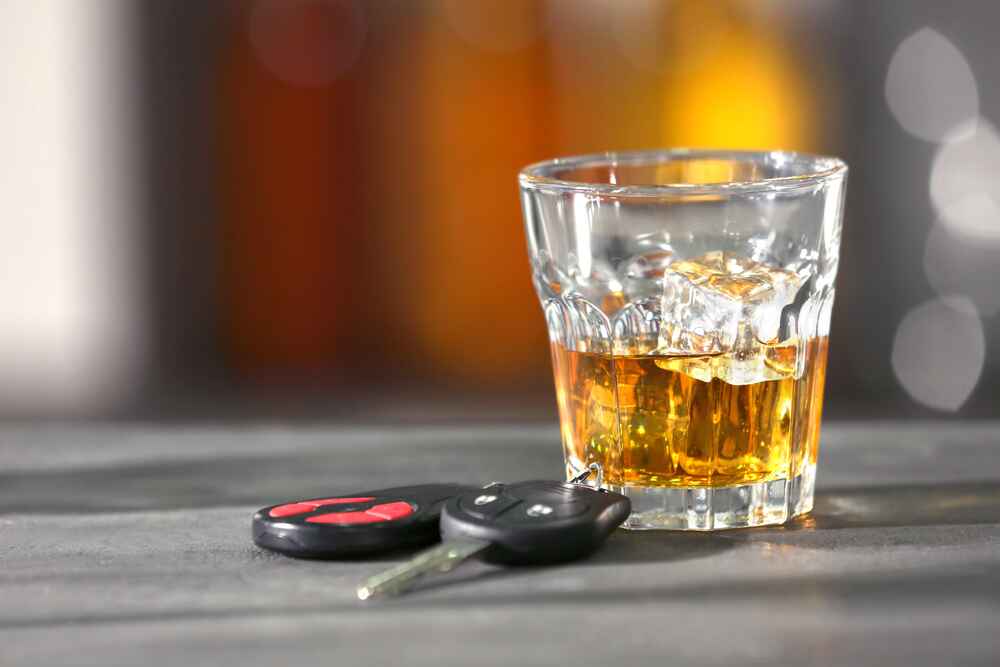Have you or someone you love been arrested for a first-time DUI in Florida and are unsure what happens next? A DUI charge may seem like a simple traffic offense, but Florida treats it as a serious crime with both criminal penalties and immediate administrative action against your driver’s license. Understanding Florida DUI laws and your rights can prevent mistakes that damage your case later.
Many drivers are shocked to learn they have only ten days after the arrest to protect their driving privileges. If no action is taken during this deadline, the Florida DMV will suspend your license before your criminal case even begins. Acting quickly gives you more options and keeps you in control of what happens next.
Florida DUI laws apply even if you were not driving at the time of the arrest. You can still be charged if you were in actual physical control of a vehicle, such as sitting behind the wheel with the keys nearby. In this guide, you will learn about penalties, the 10-day rule, refusal consequences, hardship licenses, DUI school, ignition interlock devices, court steps, criminal records, and how Ponte Vedra Beach DUI defense attorneys can protect your future.
What Legally Counts as DUI in Florida?
A driver may face DUI charges in Florida in two different ways. The first is based on a BAC test result of 0.08 or higher. The second involves officer observations of impairment, even without a high BAC reading.
Two Ways to Be Charged
Impairment can include slow reactions, poor balance, slurred speech, or unsafe driving. Officers use field sobriety tests to look for these signs. Any level of impairment may still result in a DUI arrest.
“Actual Physical Control” Rule
Florida law does not require a vehicle to be moving for a DUI charge. A person can be arrested while parked or stopped. If the keys are within reach, officers may claim actual physical control of the vehicle.
Prescription Drugs and Marijuana
DUI charges are not limited to alcohol use. Prescription medications can affect judgment and reaction time even when used legally. Florida law also allows DUI charges for marijuana if it impairs driving ability.
Criminal Penalties for First DUI
Fines, Jail, and Probation
A first conviction under DUI laws in Florida carries mandatory criminal penalties. The court may impose:
- $500–$1,000 fine
- Up to 6 months in jail
- Up to 1 year of probation
Probation typically includes:
- 50 hours of community service
- Mandatory monthly reporting
- Completion of DUI school
Enhanced DUI Penalties
Penalties increase when specific aggravating factors apply, such as:
- BAC of 0.15 or higher
- Minor present in the vehicle
In these cases:
- Fines rise to $1,000–$2,000
- Jail time may increase to up to 9 months
License Revocation and Vehicle Impound
A first DUI conviction results in:
- 6 – 12 month license revocation
- 10-day vehicle impound after sentencing
Limited exceptions may apply for work or family transportation.

The 10-Day Rule – Immediate License Suspension
A DUI arrest in Florida triggers an immediate administrative license suspension. This action comes from the Florida Department of Highway Safety and Motor Vehicles and begins before any court hearing. As a result, your driving privileges are at risk within days.
DMV Suspension Begins Right Away
The suspension applies if your BAC was 0.08 or higher or if you refused testing. A first BAC suspension lasts six months under Florida law. A first refusal results in a twelve-month suspension.
Two Choices in 10 Days
You have ten days from the arrest date to take action. You may request a Formal Review Hearing to challenge the suspension. You may also waive the hearing and apply for a hardship license if eligible.
Why It Matters
Doing nothing results in the automatic loss of driving privileges. The suspension will remain until all reinstatement steps are completed. Commercial drivers face stricter penalties, even for off-duty arrests.
Implied Consent and Test Refusal
Florida’s implied consent law requires drivers to take a breath or urine test after a lawful DUI arrest. Refusing testing triggers an immediate administrative suspension of driving privileges. This penalty applies before any criminal court hearing begins.
What Refusal Means
Prosecutors often argue that refusal suggests a driver was trying to hide impairment. Refusal can still be used as evidence at trial. It may also affect how judges view your cooperation.
New Criminal Penalty for Refusal
A first refusal is now treated as a criminal offense under Florida law. It creates a permanent entry on your driving record. A second refusal brings harsher penalties and longer suspension periods.
Why Refusal Is Risky
Refusing testing often causes more harm than submitting and challenging the results later. The suspension period is longer than for a failed test. Refusal may also block eligibility for a hardship license.
DUI School and Hardship License
Florida requires first-time DUI offenders to complete Level I DUI School. This course includes at least twelve hours of instruction. You must enroll before applying for any hardship license.
Hardship License Eligibility
A hardship license allows limited driving during a suspension. You must apply through the Bureau of Administrative Reviews and show proof of DUI School enrollment. Driving is restricted to approved purposes like work, school, medical care, and religious services.
Substance Abuse Evaluation
Florida also requires a substance abuse evaluation before full license reinstatement. The evaluation determines whether counseling or treatment is necessary. Any required counseling must be completed to avoid further license restrictions.

First-Time DUI Court Process
Arraignment
The first court appearance is called an arraignment, and it happens soon after arrest. At this hearing:
- The judge announces the official criminal charge
- You enter a plea: guilty, not guilty, or no contest
- A not guilty plea is common to allow time to review evidence and build a defense
Discovery and Motions
During discovery, the defense receives all evidence from the prosecution, including:
- Police reports and officer statements
- Body cam or dash camera footage
- Field sobriety and breath test records
- Breathalyzer calibration and maintenance logs
Your attorney may file motions to suppress evidence if the stop was unlawful, testing was flawed, or probable cause was missing.
Plea, Diversion, or Trial
Most first-time DUI cases resolve before trial. Options may include:
- Plea negotiations that reduce charges to reckless driving
- Diversion programs where available
- Proceeding to a DUI trial if no agreement is reached
Conclusion
A first-time DUI is a serious legal matter with strict deadlines and long-term consequences. These cases can affect driving privileges, employment opportunities, and future goals. Taking action within the first ten days is essential to protect your rights.
An experienced criminal defense lawyer can challenge weak evidence and fight to limit penalties. Legal guidance also helps you explore diversion programs when available. With the right strategy, you can protect your record and move forward with confidence..
If you were arrested for a first-time DUI in Florida, you do not have to face the legal system alone. Malcolm Anthony, P.A., knows how to challenge evidence, protect your license, and fight for your future. Contact us now at (904) 285-4529 for a free strategy review and speak directly with a Ponte Vedra Beach criminal defense lawyer who is ready to help today.


